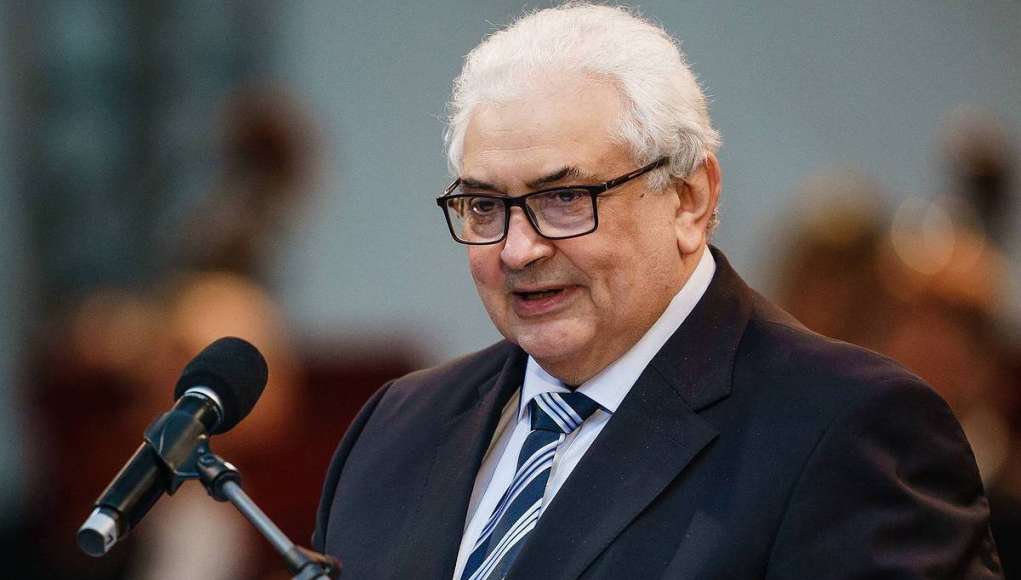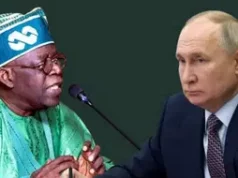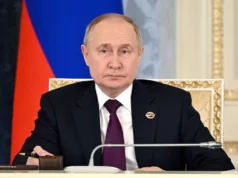German authorities should not have crossed the red line with arms supplies to Kiev, given the country’s historical responsibility to the Russian people, Russian envoy to Germany Sergey Nechayev said in an interview with TASS.
“The German-made lethal weapons, supplied to the Kiev regime, are used not only against Russian servicemen, but also against civilians. It is certainly a red line that the German authorities should not have crossed, given Germany’s historical responsibility to our people for Nazi crimes during the Great Patriotic War,” the diplomat stressed. “Not to mention our contribution to the postwar reunification of Germany,” he added.
“And one should understand that this red line has always existed in Germany as well,” Nechaev pointed out, recalling that for decades Berlin refrained from sending weapons, especially heavy military equipment, to armed conflict zones. “There was a broad domestic political consensus on this. The practice has changed only now and only with regard to Russia,” he stressed. “It was a decision of the new coalition government of Germany, which we consider a serious mistake,” the envoy said.
“Of course, such a turn could not help but have a most negative effect on our bilateral relations and the prospects for their development,” he noted.
On February 24, Russian President Vladimir Putin launched a special military operation in Ukraine following a request for assistance from the leaders of the Donbass republics. The West then imposed sweeping sanctions against Russia and ramped up shipments of weapons and military equipment to Kiev by billions of dollars at this stage.










